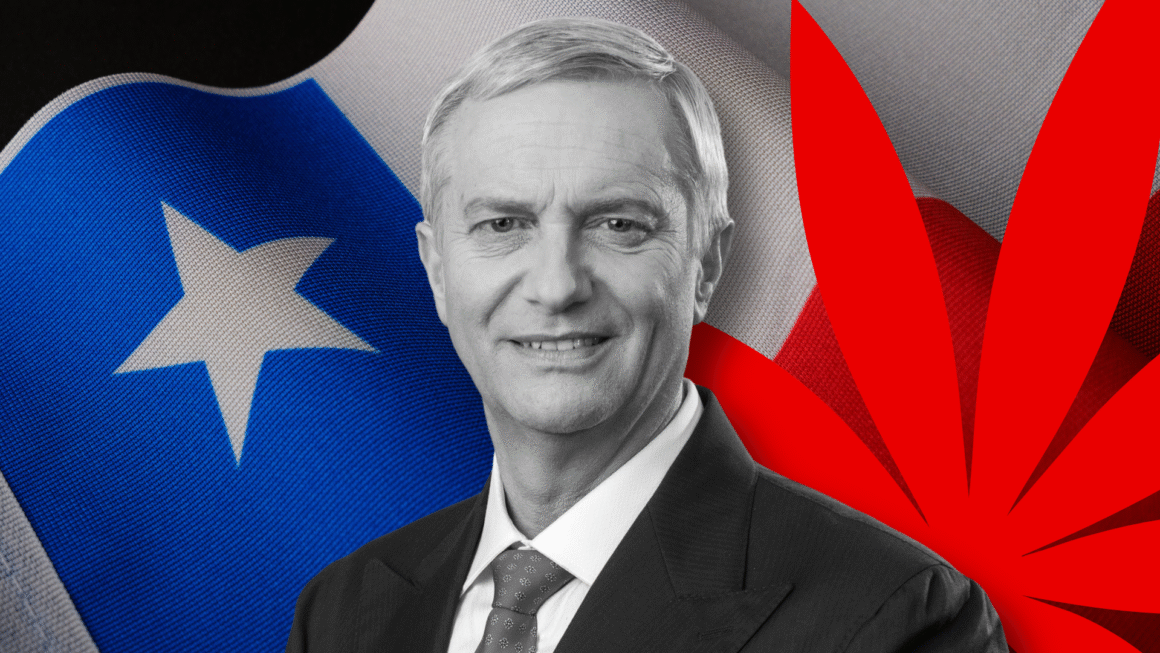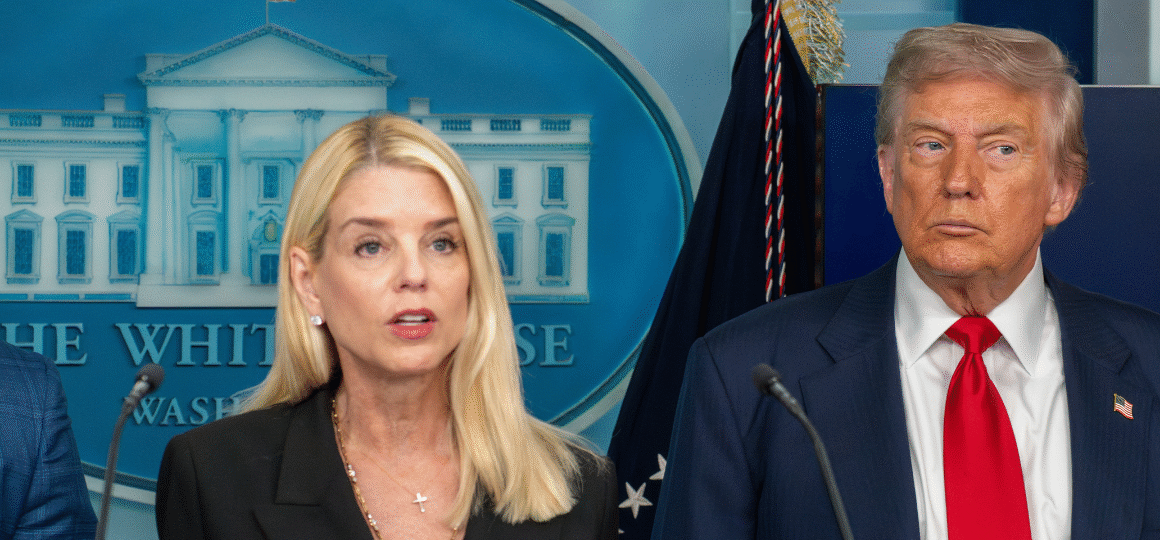Apehex, the automated pre-roll system developed by Perfectionist Rolling Equipment in collaboration with RAW founder Josh Kesselman, is quietly changing how joints are manufactured across North America. What looks today like a polished piece of production equipment began as something much simpler: a Saturday morning idea, a production bottleneck and a message that landed in the right inbox at the right time.
The story does not begin inside a corporate innovation lab or a venture-backed tech campus. It starts on June 18, 2016, during a Call of Duty match, when Zen Dispensary co-founder Justin Kruidenier paused his game long enough to check his phone and sketch out a concept he could not get out of his head.
Patients at Zen, in New River, Arizona, were asking for stronger flower. Some were older and uneasy handling concentrates. Others wanted more potency without changing the way they consumed cannabis. Kruidenier started thinking about infused rolling papers: something easy to roll, forgiving in the hands and consistent in effect.
His solution was straightforward. Take a sheet of rolling paper, apply concentrate to it, then seal it with a second sheet. The extract stayed neatly inside, the paper still behaved like a standard rolling paper and the consumer did not need to change anything about their ritual.
A longtime RAW smoker, Kruidenier saw the power of pairing the idea with the world’s most recognizable rolling paper brand. He opened Instagram and sent a direct message to RAW founder Josh Kesselman, explaining the concept and how patients were responding.
He expected to wait days for a reply. Instead, Kesselman answered within hours and connected him with Ron and Ian at HBI in Phoenix. The meeting that followed did more than validate the idea. It set the stage for a completely new kind of pre-roll production.
The concept became TWAX Papers, the first commercially available rolling papers fully infused with distillate and proudly stamped with the phrase “Always made with Authentic RAW Papers.” Within days, the idea evolved again into Totally Twaxed pre-rolls infused with distillate and terpenes. Customers loved them. Dispensaries could not keep them in stock.
Behind the scenes, though, the success created a new problem. Production was intense, repetitive and fragile. Long days of handwork turned each batch into a small battle against time and fatigue. TWAX was not only popular. It was too popular for the existing workflow.
At a certain point, Kruidenier stopped asking how to hire more hands and started asking a different question: why had nobody automated this in a way that actually worked for cannabis?
A bottleneck the industry preferred not to see
By the late 2010s, pre-rolls had become one of the fastest-growing categories in legal cannabis. Cultivation and extraction had already gone through their first waves of industrialization. Packaging and labeling followed close behind. Pre-rolls, though, were stuck between tradition and scale.
There were cone-filling machines on the market, but many were built as retrofits of cigarette technology or improvised vibrating systems. They were big, temperamental or unforgiving. They packed unevenly, created dense tips and airy middles, and produced pre-rolls that tunneled or canoed. If a component failed or clogged, the whole line stopped.
Inside real facilities, operators learned to live with these limitations or avoided automation altogether. Pre-rolls remained one of the most labor-intensive SKUs in cannabis, even as they took up more and more space on menus.
Kruidenier and his Zen partner, Tony Pagni, had lived that bottleneck firsthand. They understood what failed in the existing machines. They also had something many equipment designers lacked: daily exposure to the realities of regulated cannabis production.
In 2019, Kruidenier, Pagni and Kesselman formalized the effort and launched Perfectionist Rolling Equipment, or PRE. The goal was ambitious. Build one of the first fully automated pre-roll systems designed by cannabis operators, for cannabis operators. No retrofitted cigarette rigs, no forklift-sized carousels, no machines that demanded a structural remodel before they ever rolled a cone.
The target was clear. Create a compact, reliable system that could produce roughly 1,100 premium cones per hour while still respecting the structure, airflow and burn that smokers expect from a hand-packed pre-roll.
Engineering like smokers, not just engineers
Zen’s active production floor became PRE’s laboratory. Prototypes did not live in a clean engineering bay. They faced real flower, real employees and real schedules. Every jam became a data point. Every uneven burn told engineers something about density, layering or vibration.
One insight guided the turning point. A pre-roll is not just a tube that needs to be filled. Skilled rollers build joints in stages. They settle the material, control density along the length, adjust for airflow and shape the cone so it lights easily and burns evenly.
Most existing machines treated the cone like an empty container. PRE set out to treat it like a structure.
The team developed a patented progressive fill system that packs the cone in uniform layers from crutch to crown. Instead of dumping all the material in and hoping vibration would distribute it correctly, the machine builds the joint step by step in a controlled sequence that mirrors human technique.
The result: more balanced airflow, more consistent draw resistance and fewer structural weak points. Pre-rolls behaved the way consumers expected them to behave. They sparked, drew and burned in ways that felt familiar, even though a machine had done the work.
PRE then addressed another chronic pain point: downtime. Many cone machines operate as carousel systems. When one position jams or a component fails, the entire carousel often has to stop. Apehex was built differently. The unit runs six independent lanes. If one lane needs adjustment or cleaning, the others keep moving. Instead of all-or-nothing uptime, operators can keep product flowing while they address small issues.

Finally, PRE looked at the physical reality of cannabis facilities. Space is expensive. Doorways are often standard size. Layouts change as operators grow. So the machine had to fit through a normal door, roll on industrial casters and settle into place without triggering construction projects. It also had to be usable by regular staff after training, not a dedicated team of industrial engineers.
Form followed function, and function followed the real constraints of cannabis producers who cannot afford to shut down a room while they install one machine.
From trade show curiosity to production standard
After months of building, testing, rebuilding and running live flower through early units, PRE brought its first commercial version, the Apehex v1.5, to MJBizCon 2019. The team used hemp for live demonstrations, filling cones in front of attendees and handing them finished pre-rolls so they could inspect structure and pack with their own hands.
The response moved quickly through the operator community. Conversations that once centered on workforce planning and hand-rolling tables shifted toward uptime, throughput and reliability. Facilities in multiple U.S. states and across Canada began bringing Apehex into their production lines.
According to PRE, Apehex systems have now helped produce more than 150 million pre-rolls and counting. The machines sit behind many brands that consumers recognize, even if the average smoker never sees the hardware.
Walk through a modern facility using this type of equipment and the change is obvious. Long rows of hand-rolling tables are smaller or gone. Teams that once spent full days packing cones can be reassigned toward quality control and higher-value tasks. Output is scheduled and measured instead of guessed.
What began as a response to one dispensary’s infused joint problem has become part of a broader shift toward industrial-scale pre-roll manufacturing.
Why this kind of machinery matters
Cannabis history tends to be told through strains, famous growers, celebrity partnerships, political battles and big acquisitions. Those are important chapters, but they do not capture everything that makes the modern industry possible.
Behind many of the products on today’s shelves sit engineers whose names rarely appear in press releases, inventors sketching ideas onto napkins and operators who spend long nights trying to shave minutes off production cycles. Their work shapes what ends up in jars, pouches, pre-roll tubes and bags.
Apehex is part of that less visible story. It is a reminder that innovation in cannabis is not limited to chemistry, cultivation or policy. It also lives in mechanical design, workflow planning and the quiet details of how a joint is built.
In this case, the collaboration between PRE and RAW tied those worlds together. A patient-oriented problem in Arizona met a rolling paper brand with global reach and an appetite for experimentation. The resulting products forced a rethink of how pre-rolls could be produced. That pressure, in turn, helped drive the development of a machine that treats cones the way experienced smokers treat their own joints.
The next generation of pre-rolls
PRE continues to refine the Apehex platform, adding support for different formats, cone sizes and workflow integrations as producers experiment with new SKUs and product architectures. At the same time, the larger market keeps moving. Pre-rolls have become flagship products for many brands, not just add-ons at the register.
Cannabis is still a young industry. The technology that supports it is even younger. Somewhere, in another facility or another living room, someone is likely working through the next production problem that has not yet made it onto a whiteboard.
If history is any guide, the next chapter in pre-roll innovation may already exist on a phone screen, typed out between video game rounds, waiting to be sent to someone who knows how to build.





